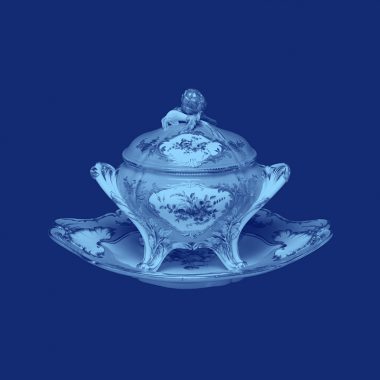Where Does The Name “Saturday” Come From?
As the first full day of the weekend in the standard Western work week, Saturday means different things to different people. Freedom from school or work, for some, and the perfect day for parties for others. And then there are those who take the day to do absolutely nothing and not feel guilty about it. Though you’re probably already familiar with the vibes that come …











